Erythrokid Suspension is an oral antibiotic formulation containing Erythromycin, a macrolide antibiotic. This suspension is specifically designed for pediatric use, offering a palatable and easily administered form of the medication for children.
Uses
Erythrokid Syrup is primarily used to treat:
- Respiratory tract infections (e.g., pneumonia, bronchitis)
- Skin and soft tissue infections
- Whooping cough (pertussis)
- Certain sexually transmitted infections in children
- Prophylaxis of rheumatic fever in penicillin-allergic patients
Benefits
- Effective against a wide range of bacterial infections
- Suitable for children who cannot swallow tablets
- Can be used in penicillin-allergic patients
- Palatable flavor for better compliance in children
- Broad-spectrum antibiotic activity
- Well-established safety profile for pediatric use
How It Works
Erythromycin works by inhibiting bacterial protein synthesis. It binds to the 50S subunit of the bacterial ribosome, preventing the transfer of peptides and inhibiting the formation of new proteins. This action stops bacterial growth, allowing the body’s immune system to eliminate the infection.
Dosage
Erythrokid Suspension Pediatric Dosage
| Age (years) | Weight (kg) | Dosage (ml) |
|---|---|---|
| 0 – 1 | 3.5 – 10 | 2.5 ml every 6 hours |
| 1 – 5 | 10 – 19 | 5 ml every 6 hours |
| 5 – 12 | 19 – 38 | 10 ml every 6 hours |
| Over 12 | Over 38 | 15 ml every 6 hours |
Dosage varies based on the child’s age, weight, and the condition being treated. Typically, the dosage ranges from 30-50 mg/kg/day divided into 2-4 doses. Always follow the prescribing physician’s instructions for dosage and duration of treatment.
Side Effects
Common side effects may include:
- Gastrointestinal disturbances (nausea, vomiting, diarrhea)
- Abdominal pain
- Loss of appetite
- Rash
Serious but rare side effects can include allergic reactions or liver problems.
Warning
Erythromycin can interact with various medications and may cause serious side effects in some cases. It should not be used in patients with a known hypersensitivity to macrolide antibiotics. Caution is advised in patients with liver disease.
Interaction
Erythrokid may interact with several medications. Key interactions include:
- Certain statins (risk of myopathy)
- Warfarin (increased anticoagulant effect)
- Theophylline (increased theophylline levels)
- Digoxin (increased digoxin levels)
- Ergotamine derivatives
- Some antiarrhythmic drugs
Always inform the prescribing physician about all medications the child is taking.
Important Information
Complete the full course of antibiotics as prescribed, even if symptoms improve. Shake the suspension well before each use. Measure doses accurately using the provided measuring device. Store in a cool, dry place and keep refrigerated if instructed. If symptoms persist or worsen, contact your healthcare provider. Overuse of antibiotics can lead to antibiotic resistance. This medication should only be used under the guidance of a healthcare professional.

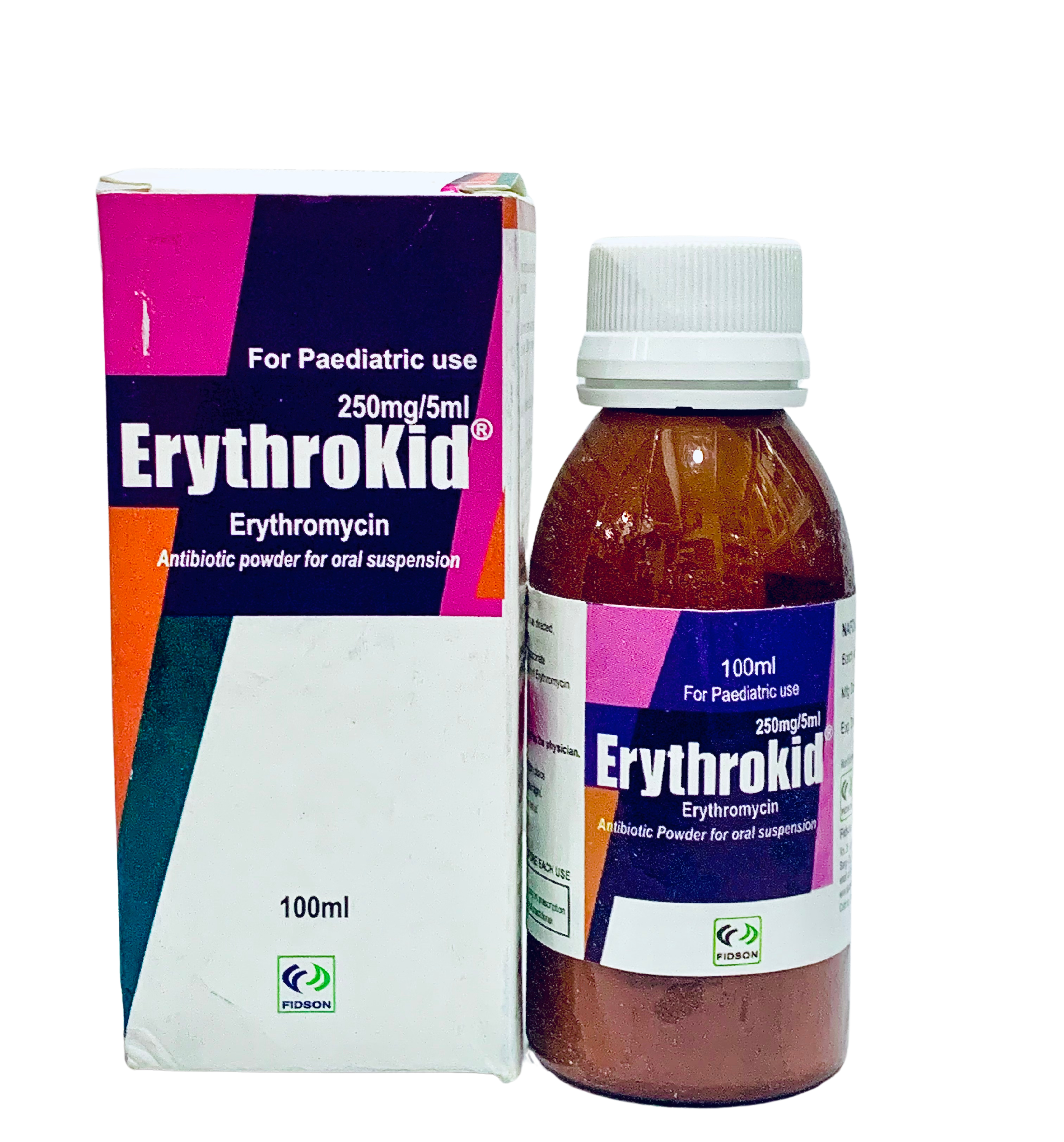


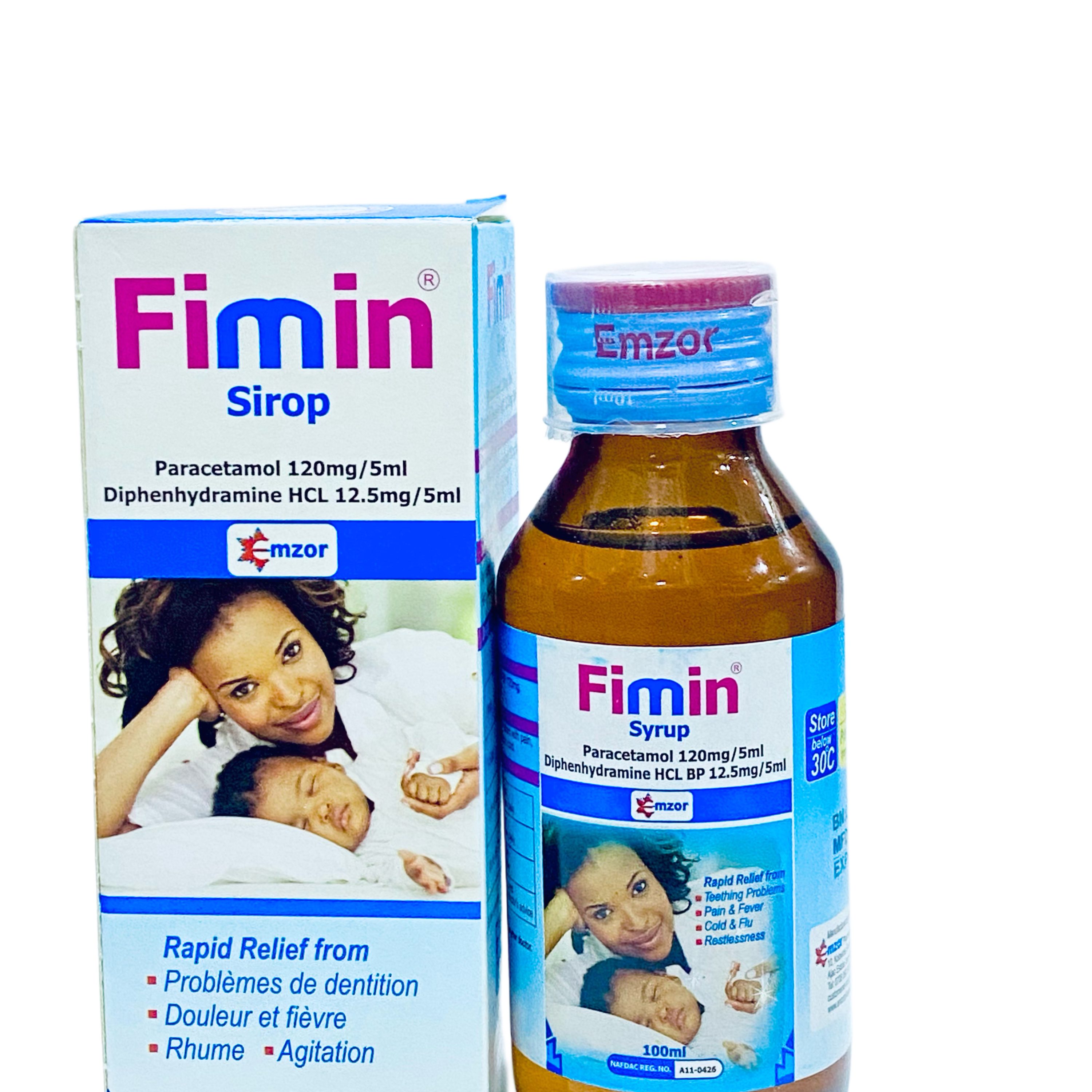
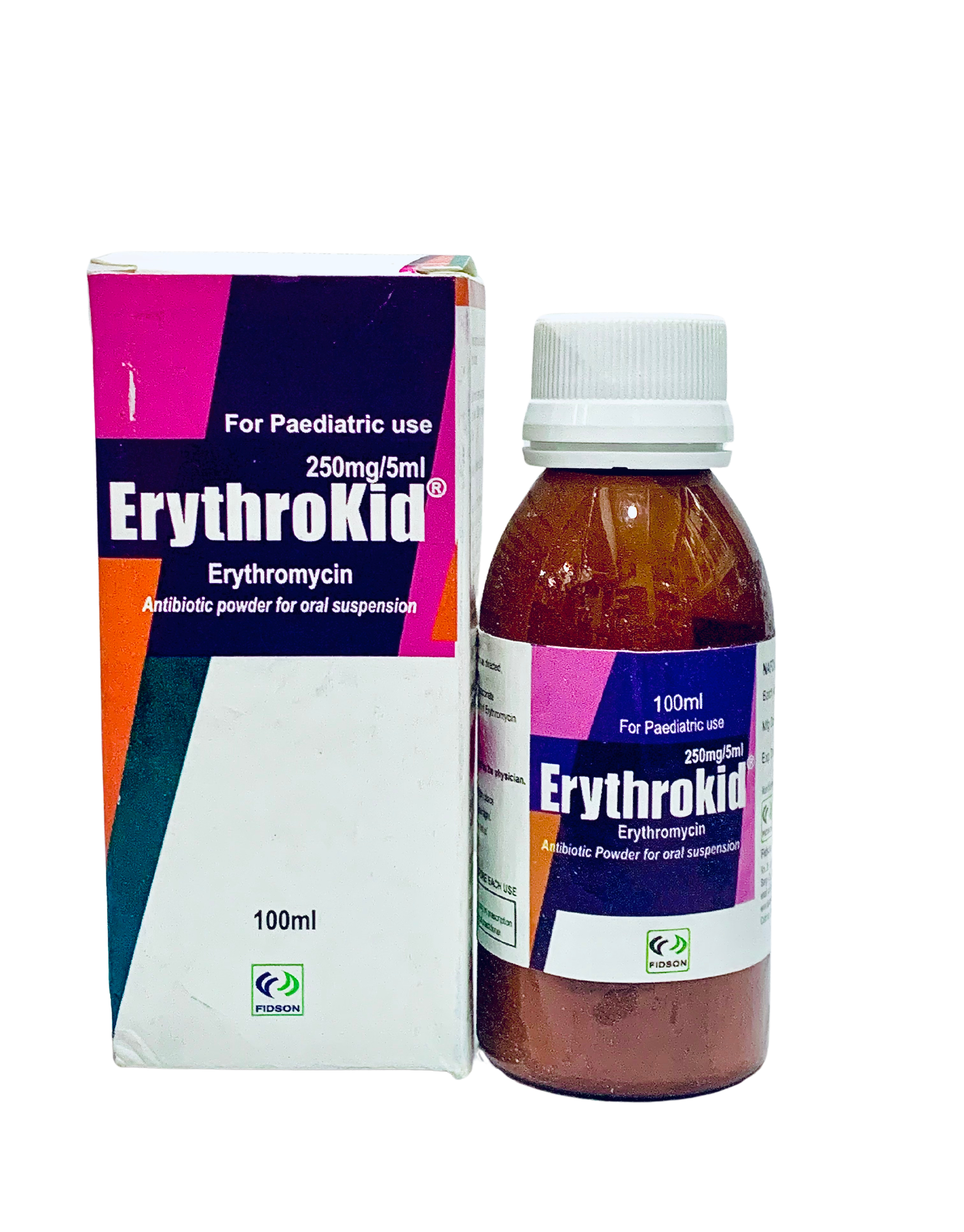
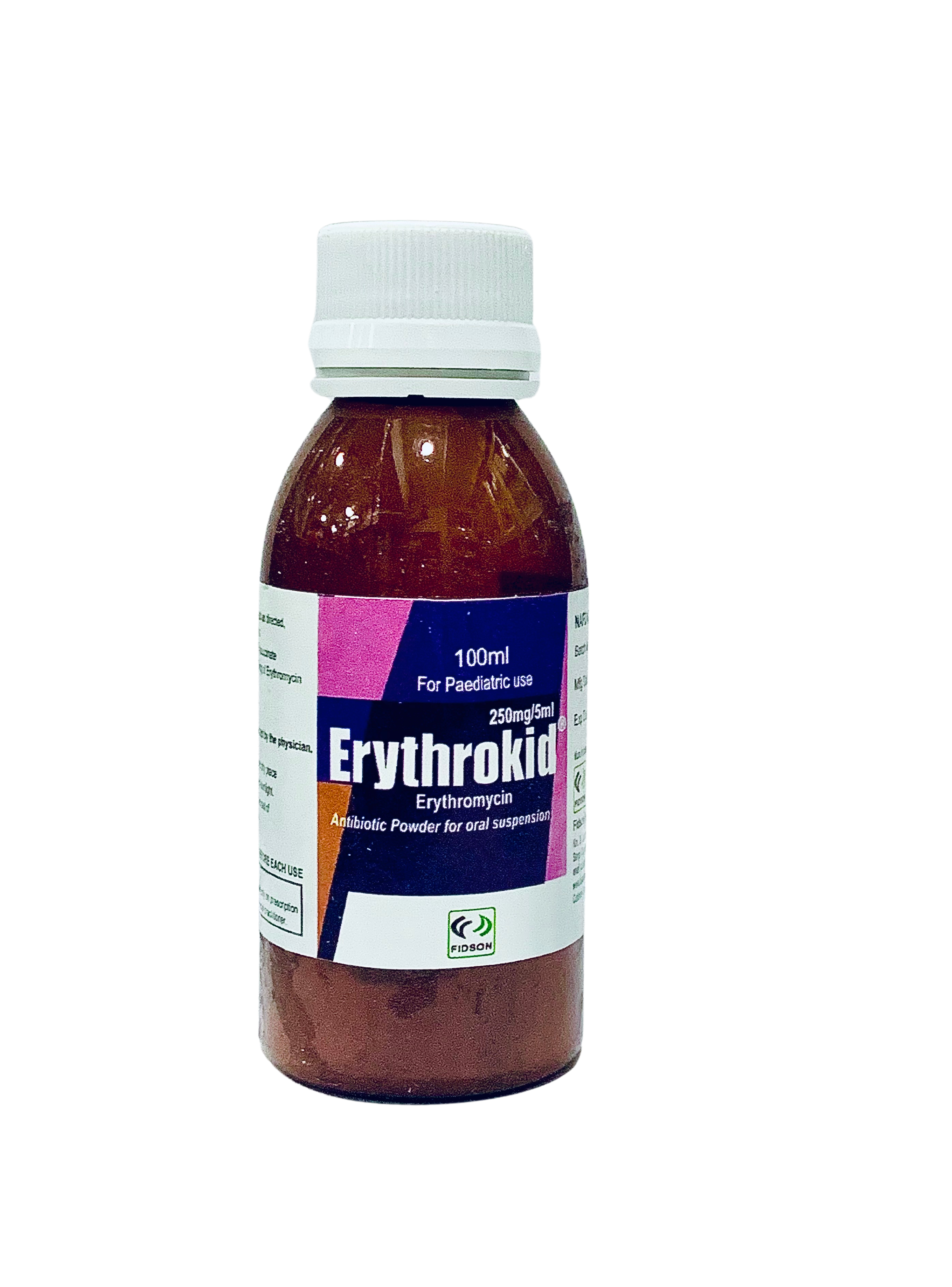

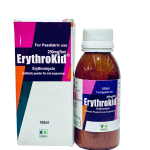
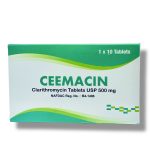
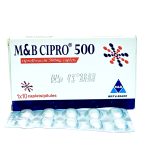
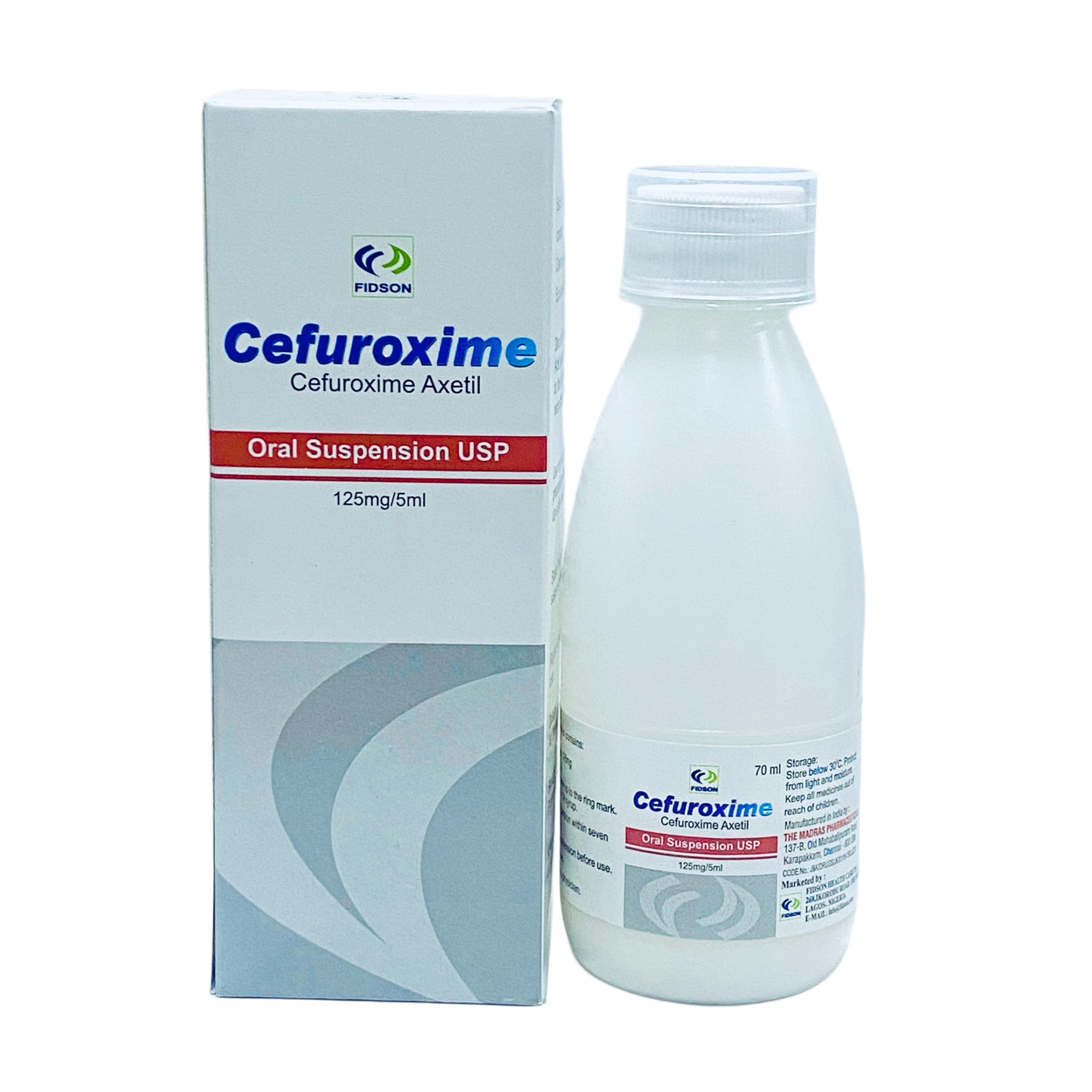
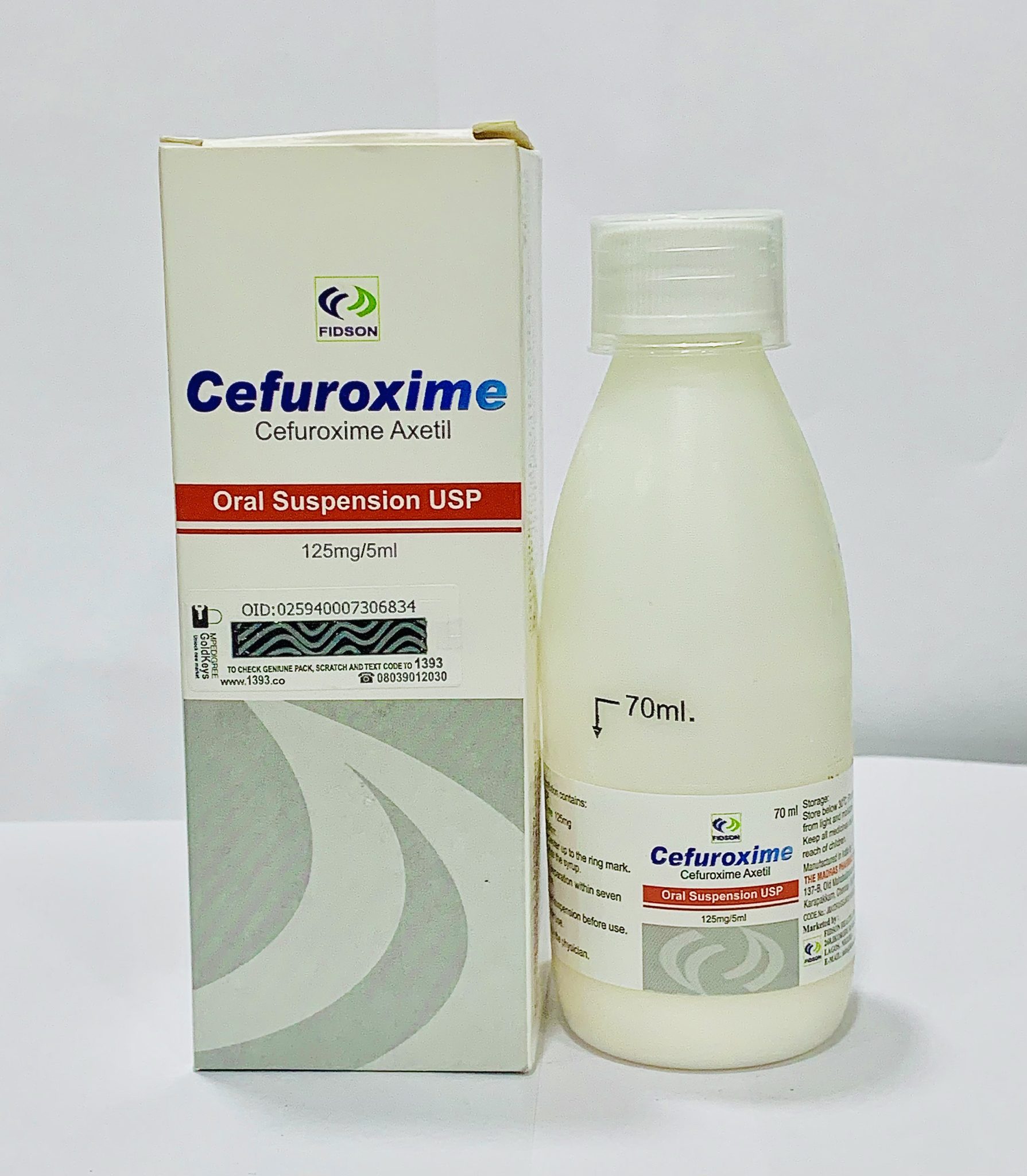

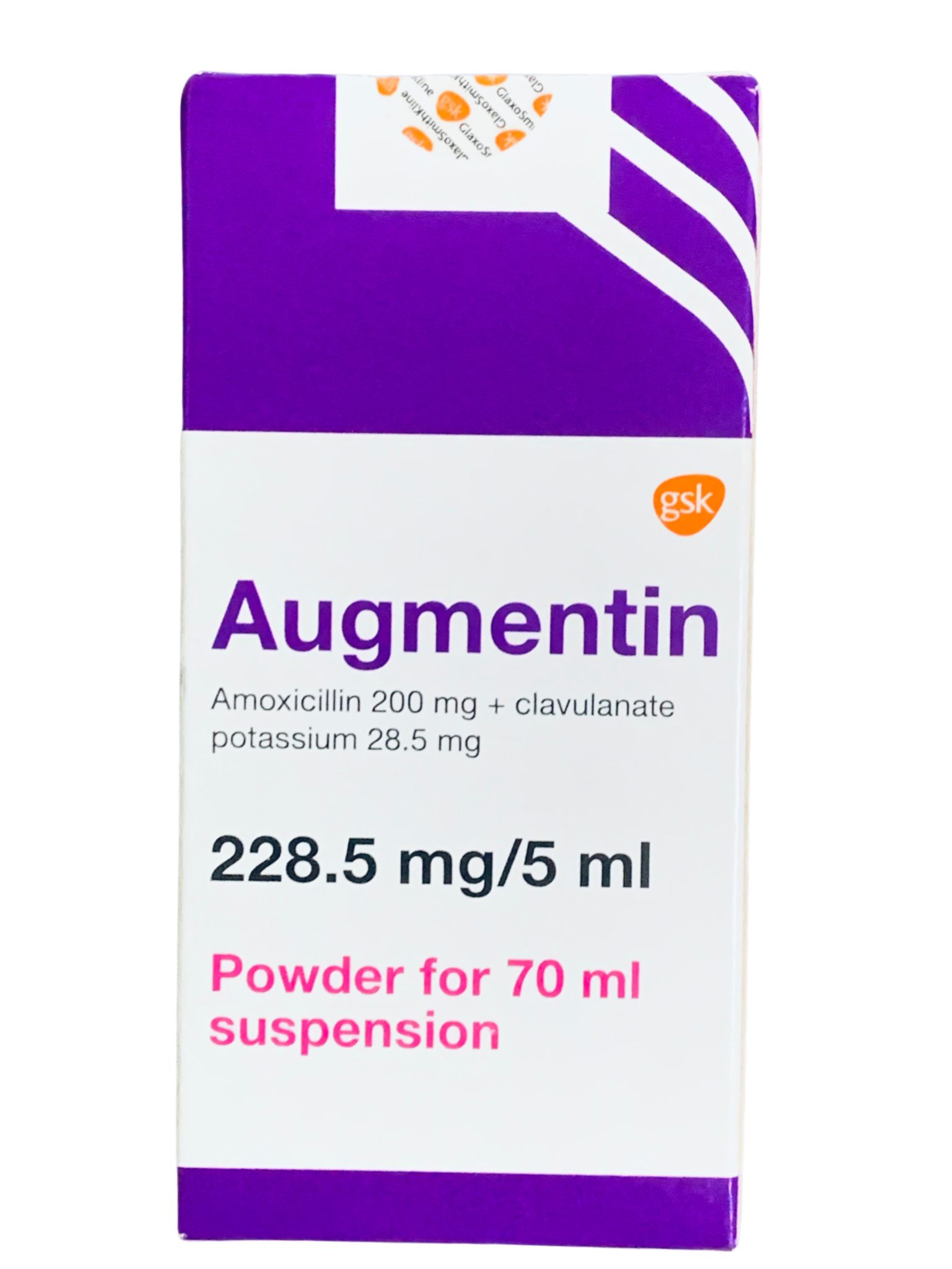
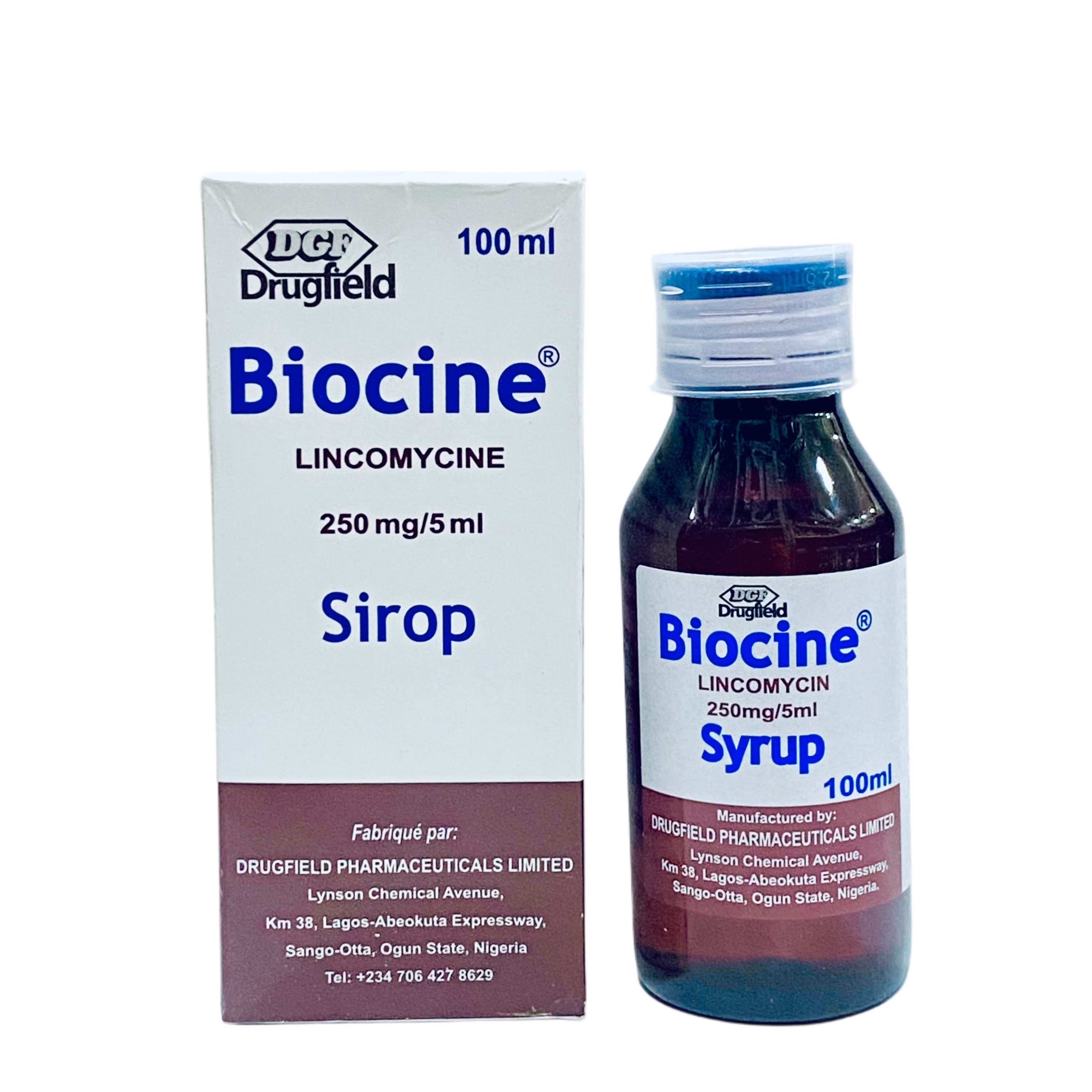
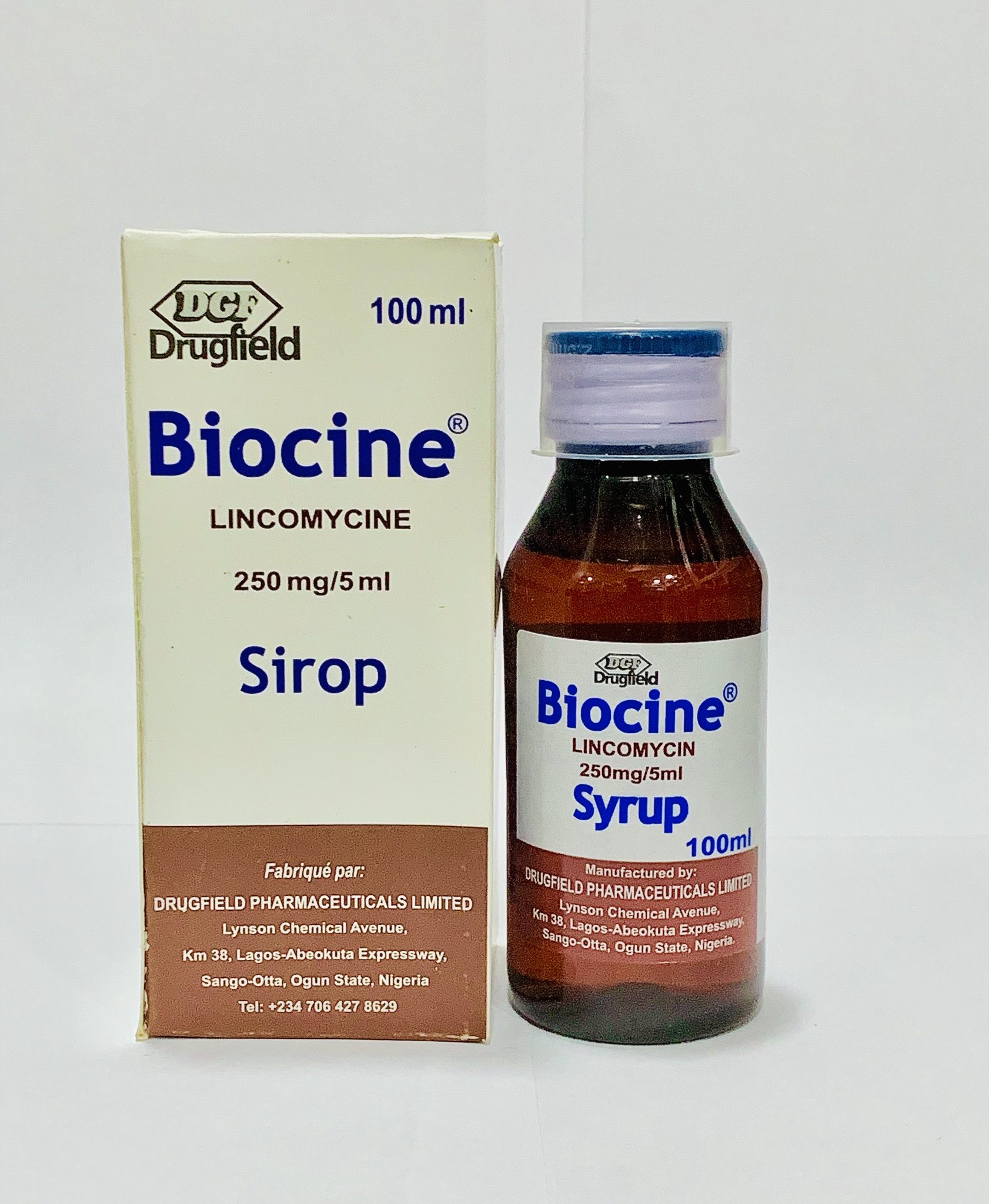
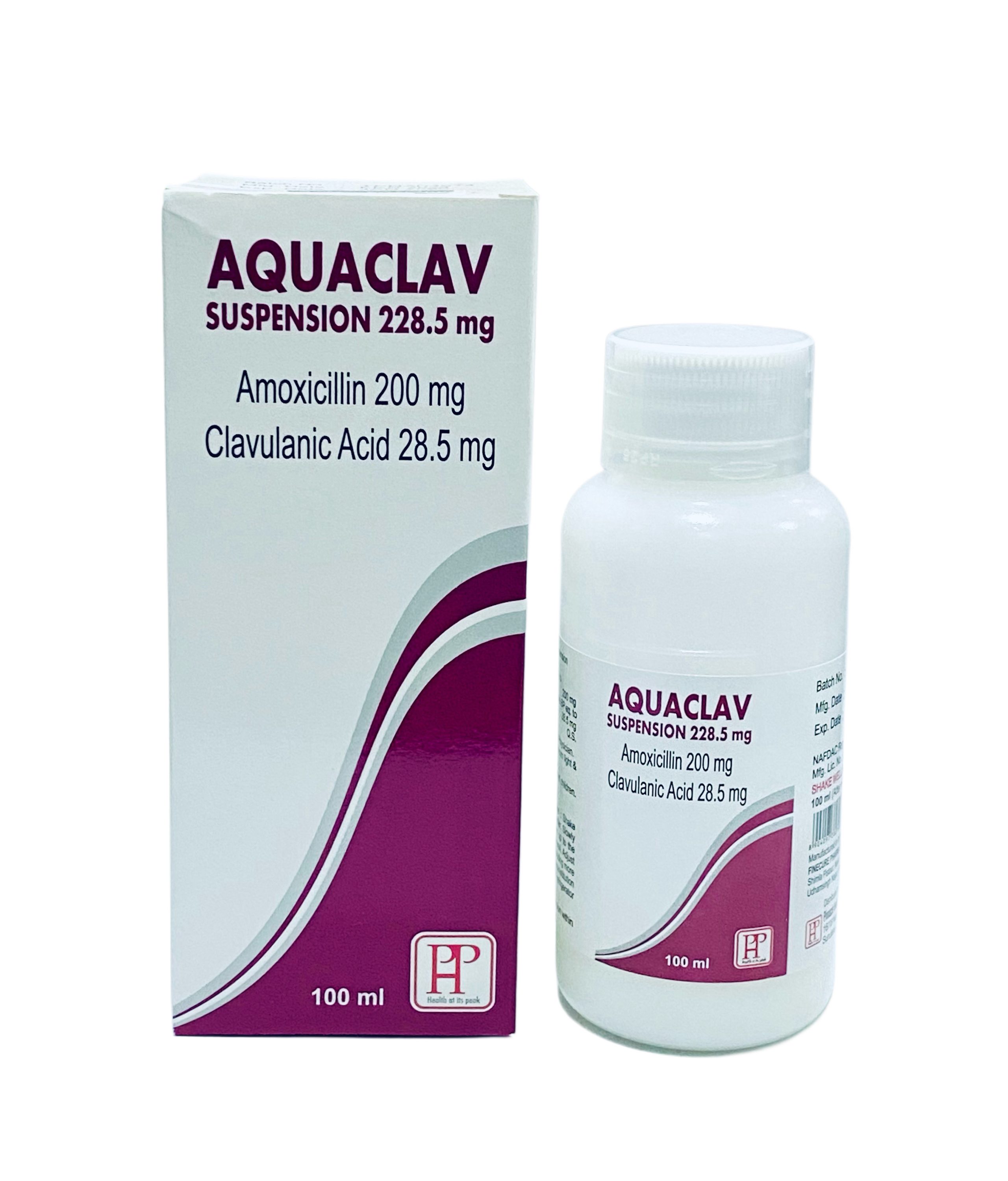
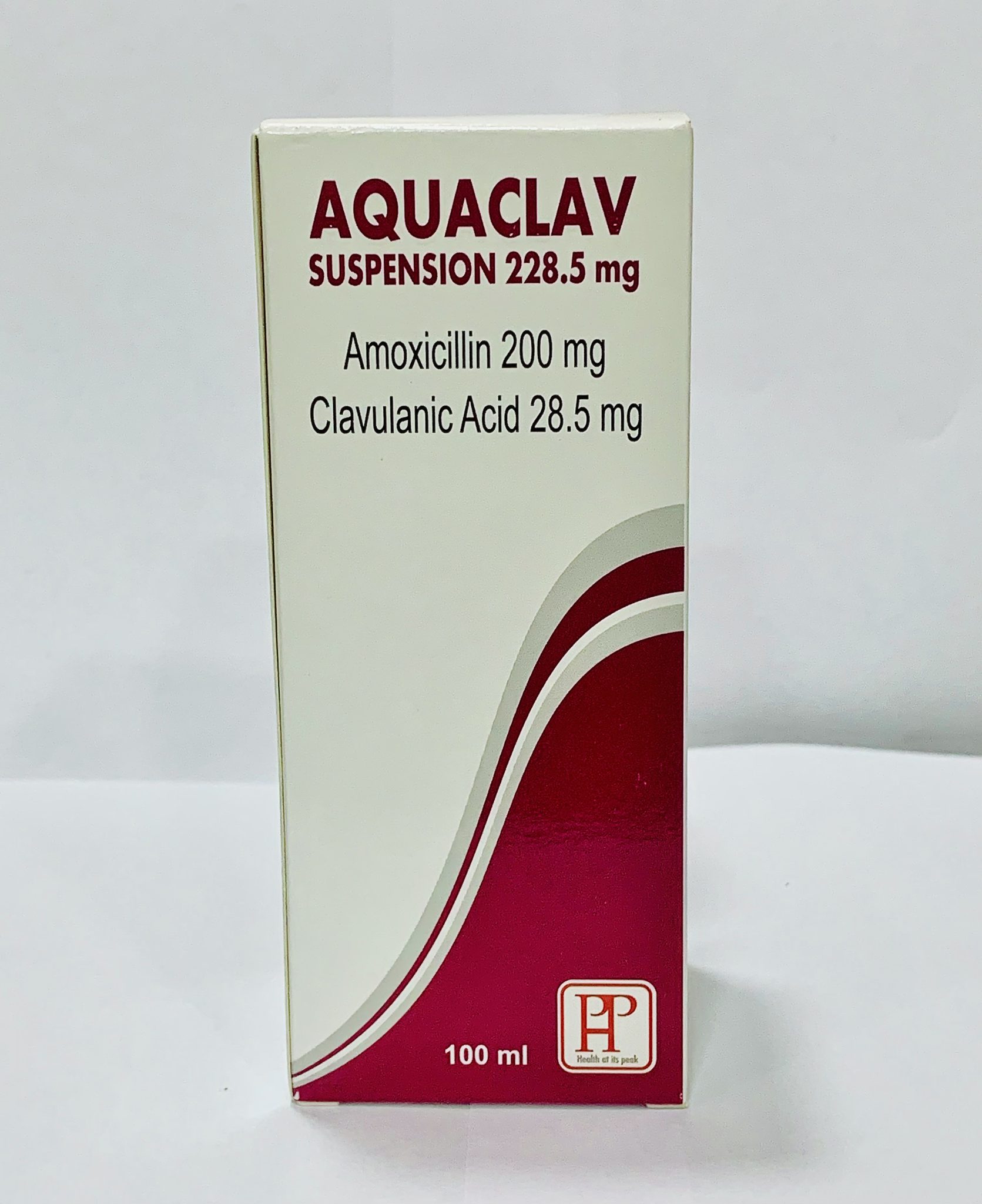

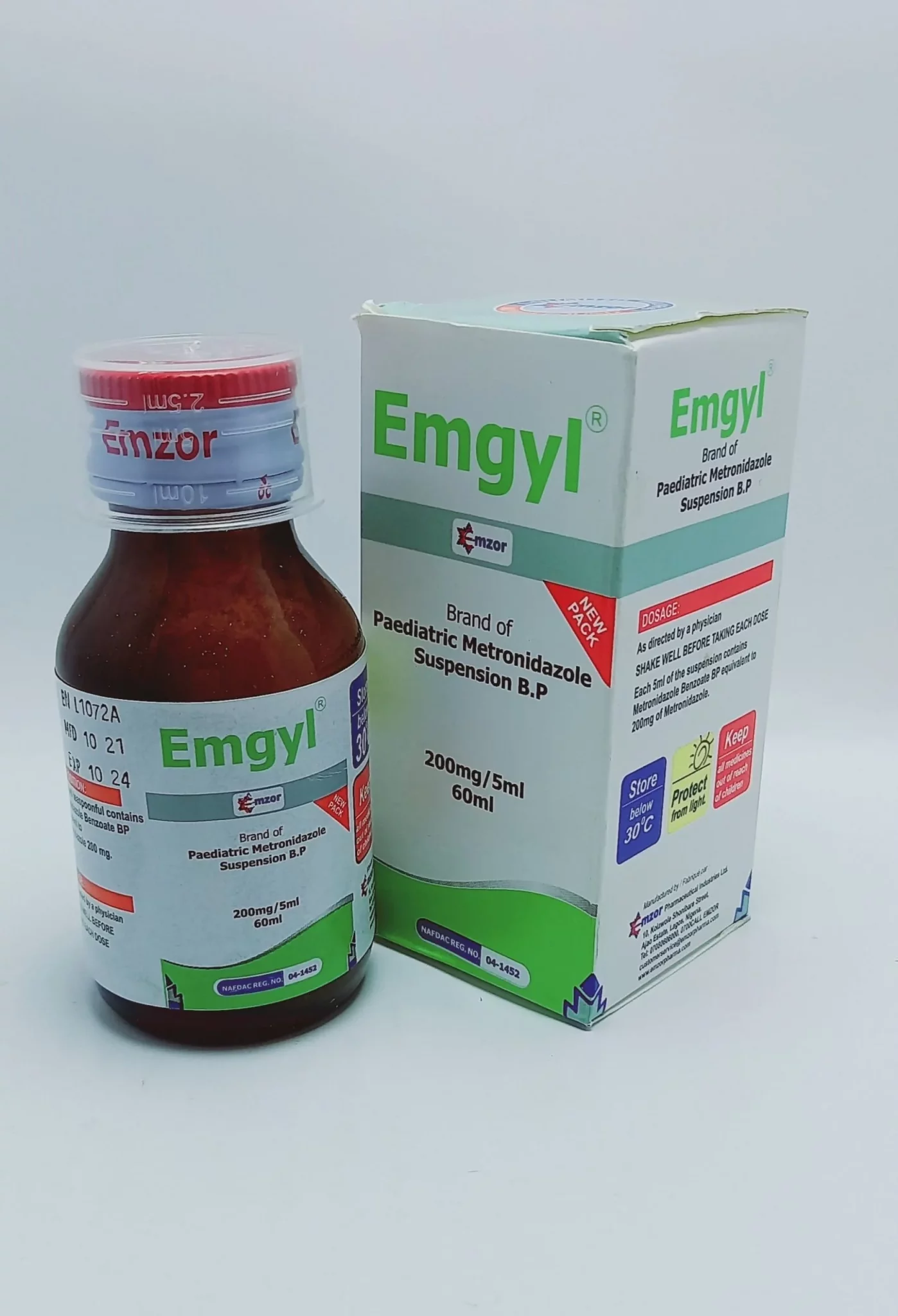
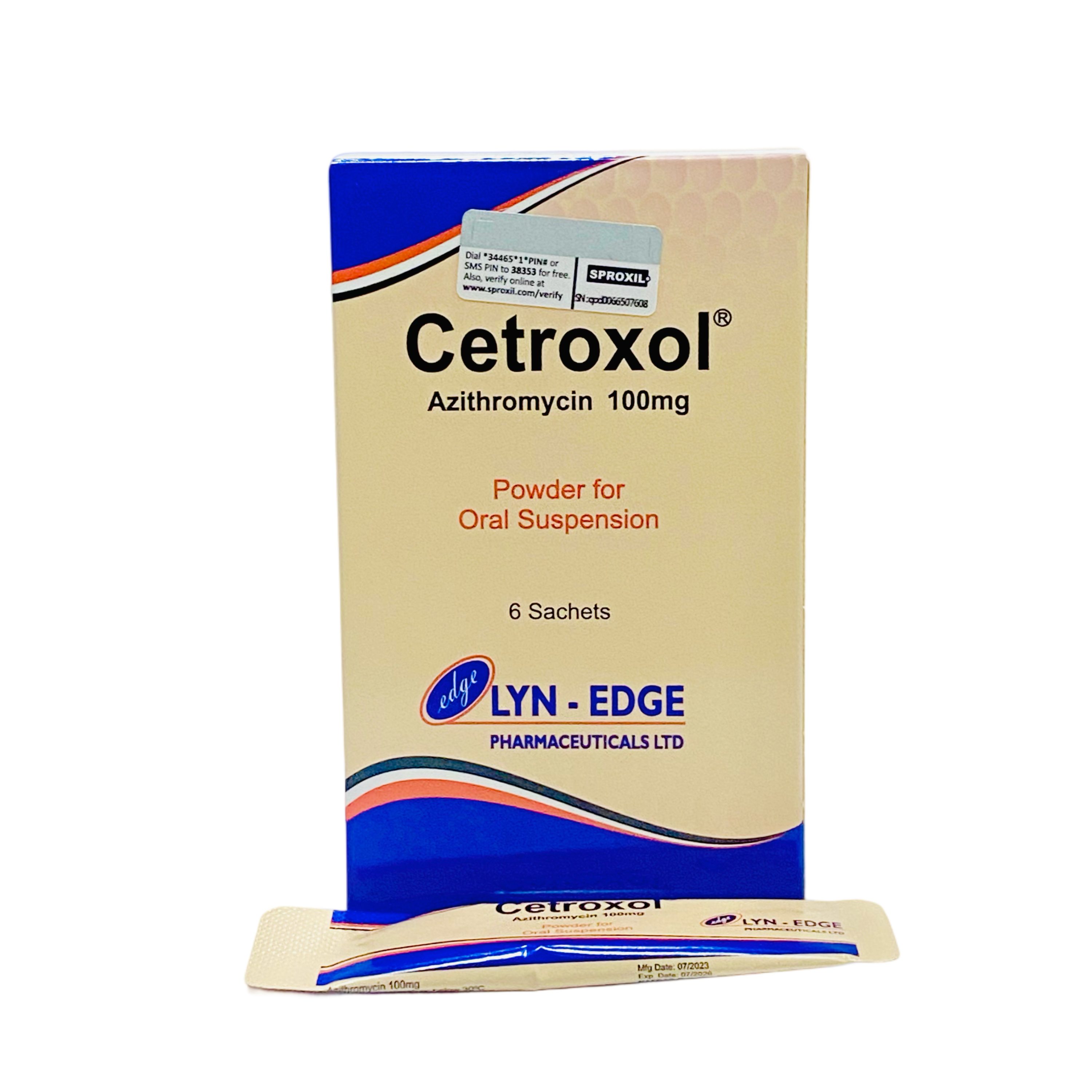
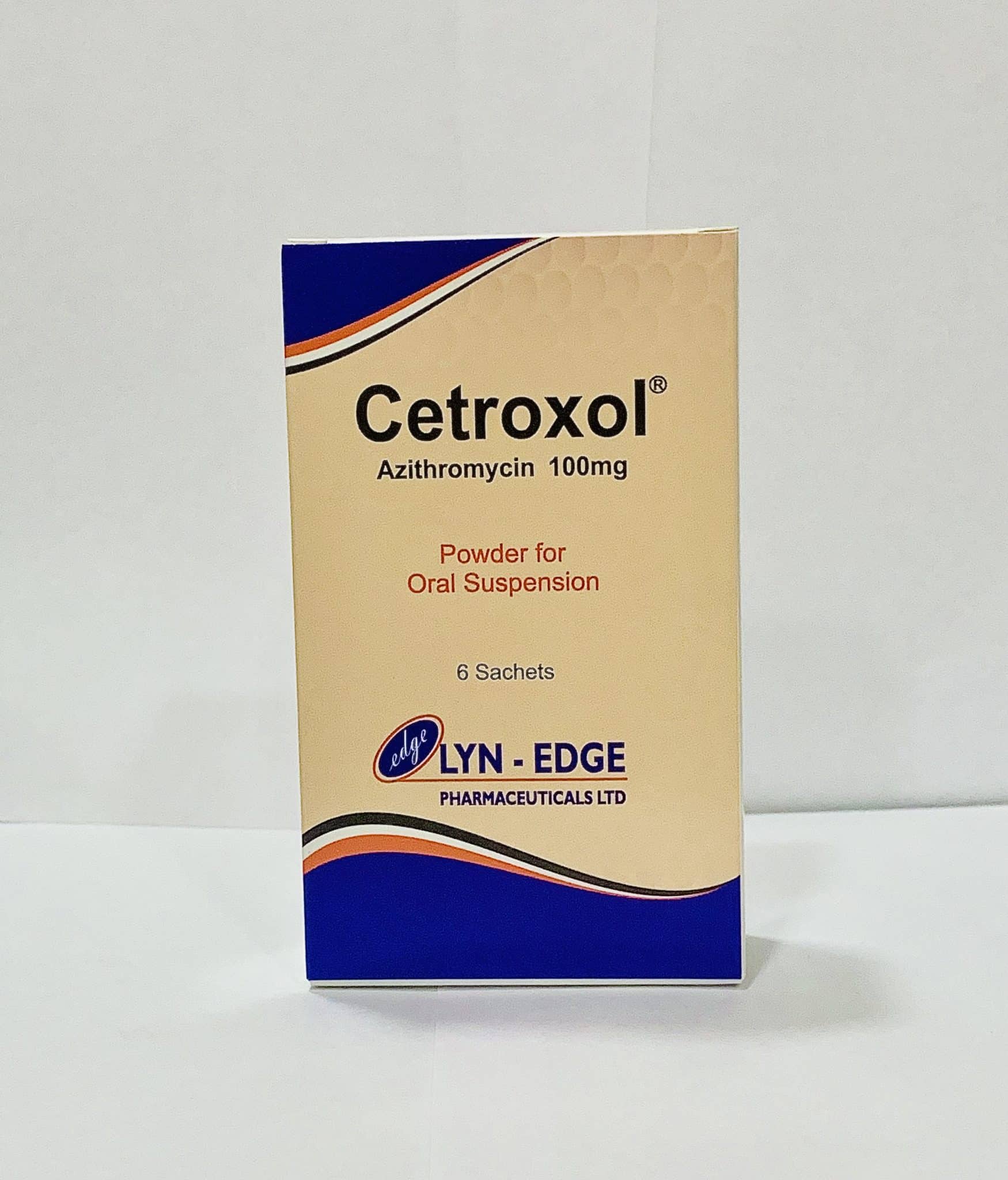
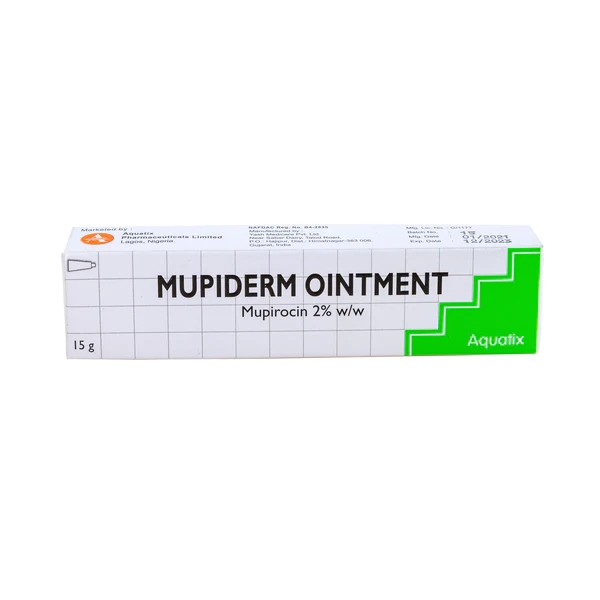
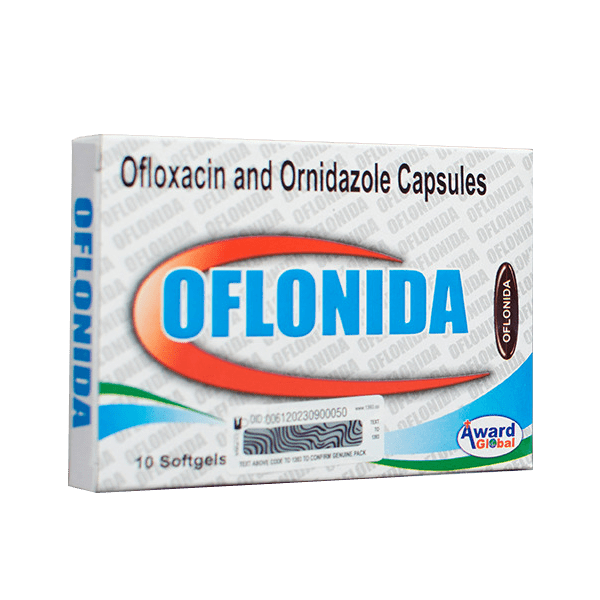


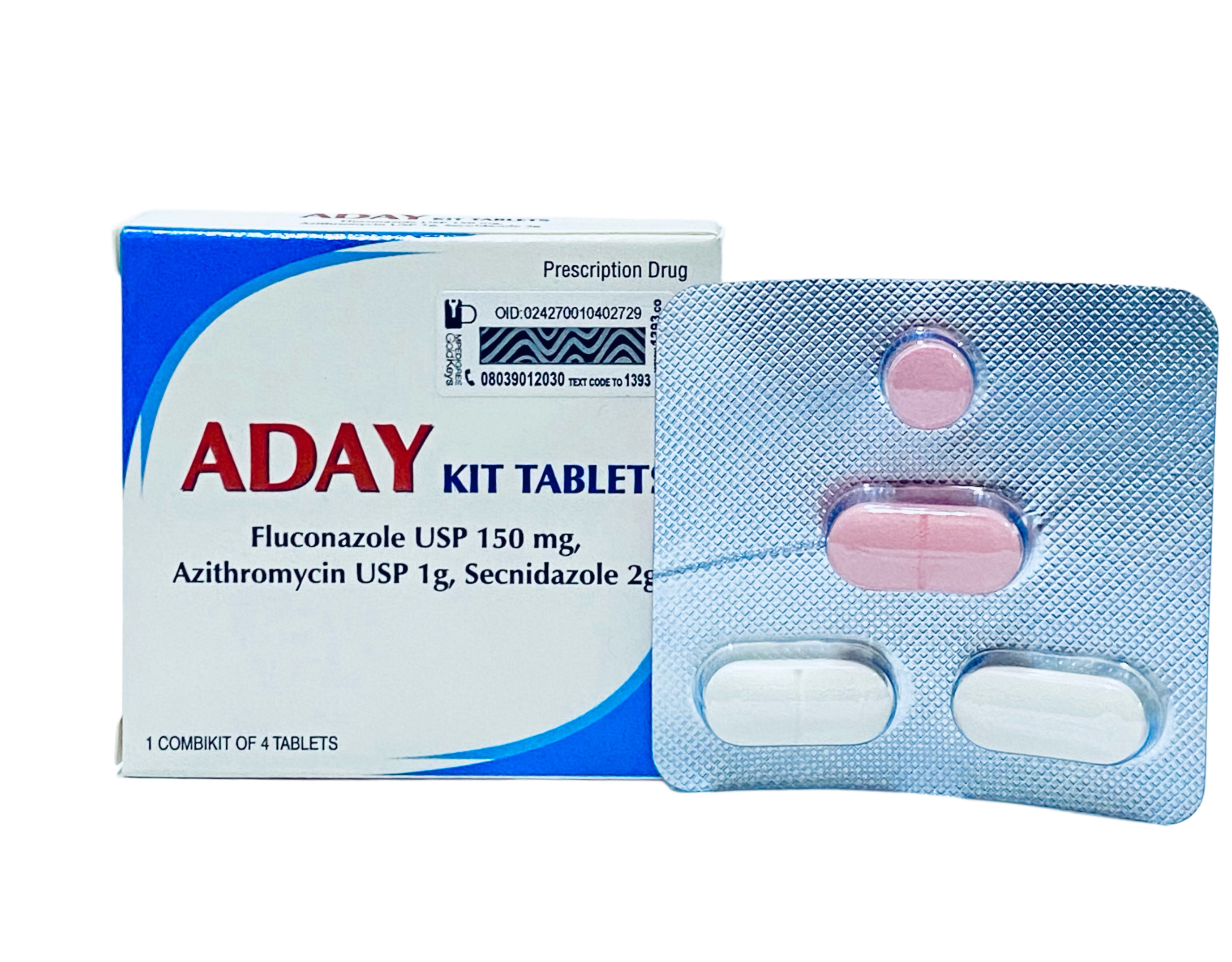
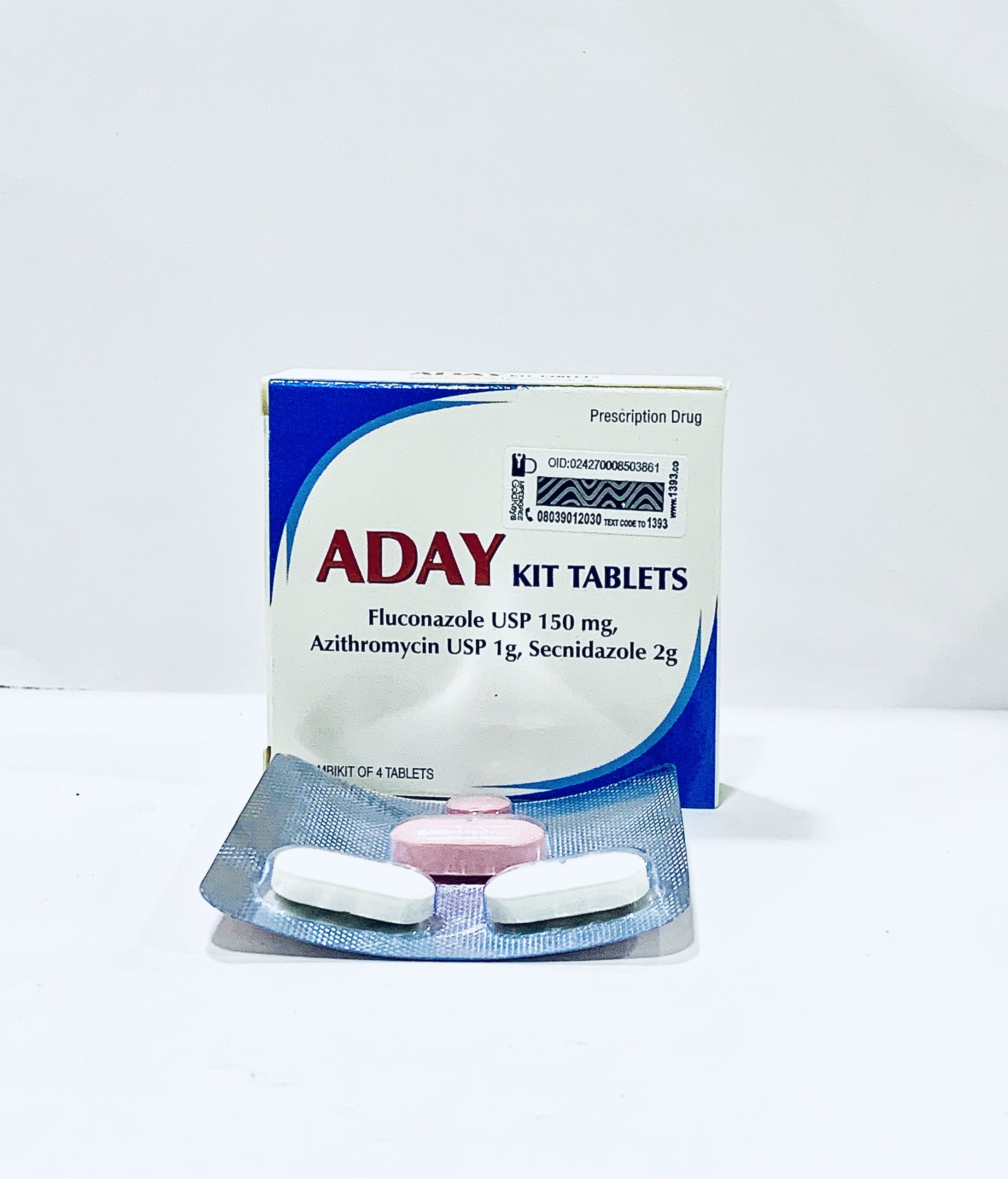
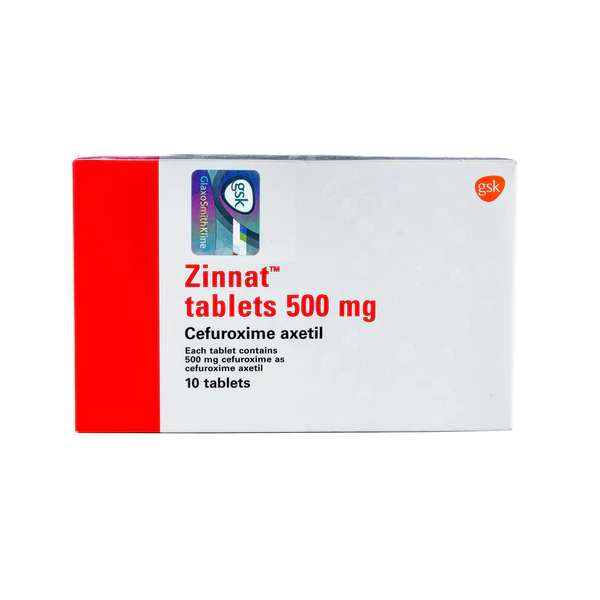
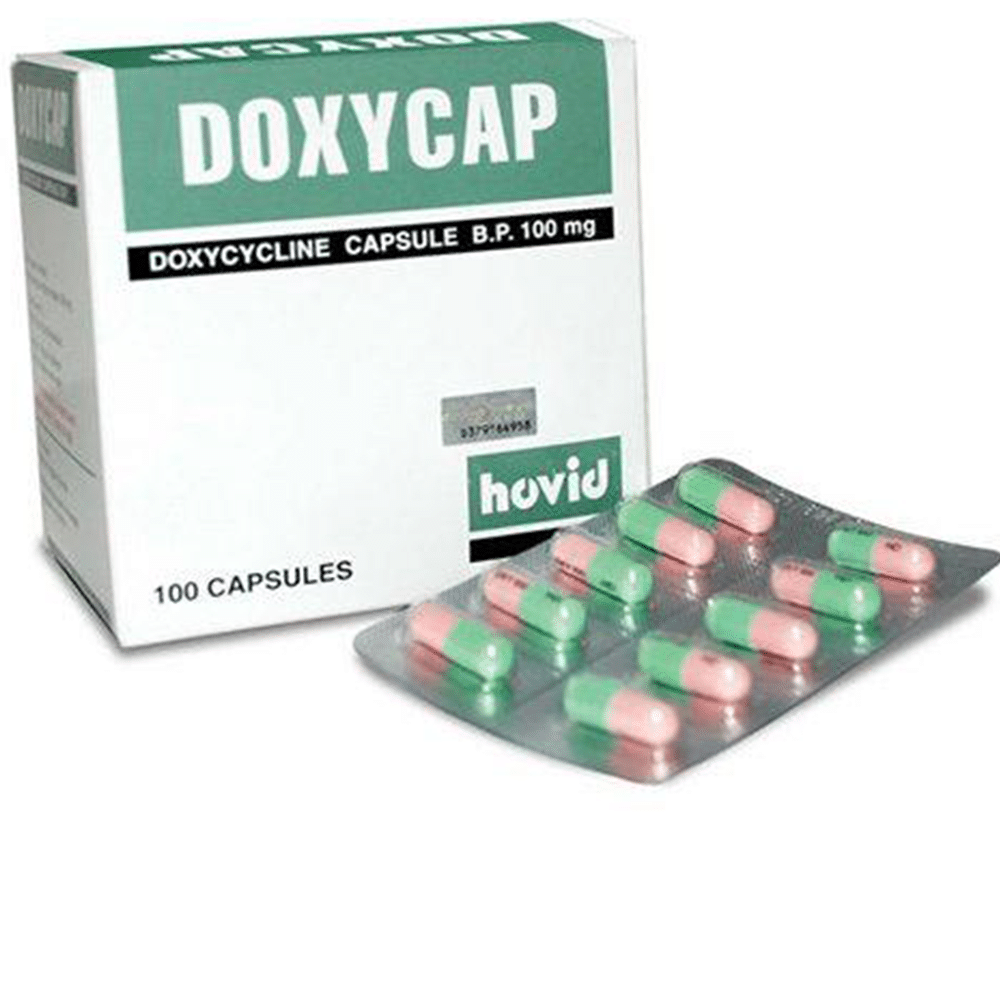
Reviews
There are no reviews yet.